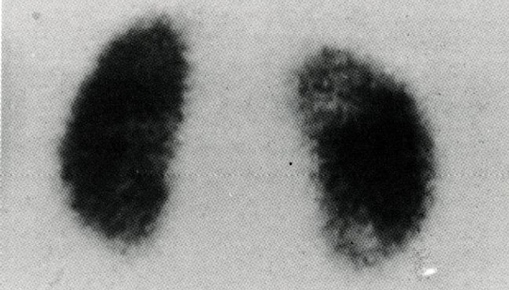Renal dmsa

What is a Renal DMSA Scan?
A Renal DMSA (Dimercaptosuccinic Acid) scan is a specialised nuclear medicine imaging test used to evaluate the structure and function of the kidneys. It involves injecting a small amount of a radioactive tracer (DMSA), which binds to kidney tissues and allows a gamma camera to capture detailed images of the kidneys.
This scan is generally performed on children to determine if Urinary Tract infections cause renal scarring.
Who is Suitable for a Renal DMSA Scan?
A Renal DMSA scan is typically recommended for:
- Children with recurrent UTIs – To check for kidney scarring caused by infections.
- Patients with suspected kidney scarring – Often due to conditions such as vesicoureteral reflux (VUR).
- Individuals with known kidney abnormalities – To monitor kidney function over time.
- Patients with unexplained high blood pressure – When kidney involvement is suspected.
- People with decreased kidney function – To assess the extent of kidney damage or detect asymmetry in kidney function.
- Post-surgical kidney evaluation – To assess kidney health after certain surgeries or treatments affecting the renal system.
Benefits of a Renal DMSA Scan
- Accurate assessment of kidney function – It provides detailed images of how well the kidneys are working.
- Early detection of kidney damage – Helps in diagnosing scarring, infections, or congenital kidney abnormalities before they become severe.
- Guides treatment decisions – Helps doctors determine if interventions, such as antibiotics or surgery, are needed.
- Minimally invasive – Involves only a small injection of the radioactive tracer with no surgical procedure.
- Useful for long-term kidney monitoring – Helps track changes in kidney function over time.
Conditions Diagnosed by a renal dmsa scan
A Renal DMSA scan is primarily used to diagnose and monitor the following conditions:
- Kidney scarring (Renal scarring) – Often a result of recurrent UTIs or VUR.
- Vesicoureteral reflux (VUR) – A condition where urine flows backward from the bladder into the kidneys, leading to infections and potential kidney damage.
- Pyelonephritis (Kidney infection) – A severe kidney infection that can cause long-term scarring if untreated.
- Congenital kidney abnormalities – Such as duplex kidneys or renal hypoplasia.
- Kidney function asymmetry – When one kidney is underperforming compared to the other.
- Obstructive uropathy – Blockages that affect urine flow and kidney function.
What Further Information Can a Renal DMSA Show?
A Renal DMSA scan provides detailed insights into kidney health beyond function and structure. It can reveal:
- The exact location and extent of kidney scarring – Particularly useful in patients with recurrent urinary tract infections (UTIs) or pyelonephritis.
- Kidney size and shape – Helps identify congenital abnormalities, such as kidney hypoplasia or duplex kidneys.
- Asymmetry in kidney function – Determines if one kidney is significantly underperforming compared to the other.
- Cortical defects – Areas where kidney tissue is damaged or not functioning properly.
- Evidence of vesicoureteral reflux (VUR) complications – VUR can lead to infections and scarring, which the scan can help detect.
- Renal perfusion (blood supply to the kidneys) – Can help evaluate conditions affecting kidney circulation.
Preparation for a Renal DMSA Scan
What to Bring:
- A referral letter from your doctor or specialist.
- Please provide any previous imaging results (ultrasound, MRI, or CT scans) for comparison.
- Medicare or private health insurance details (if applicable).
- A list of medications you are currently taking.
What to Wear:
- Comfortable, loose-fitting clothing without metal (such as zippers, buttons, or underwire bras), as metal can interfere with imaging.
- You may be given a gown to wear during the scan.
- Remove any jewellery or accessories, including piercings, to avoid image distortion.
Fasting & Hydration:
- Generally, no fasting is required.
- Patients are encouraged to drink plenty of water before and after the scan to help flush the tracer from the body.
What if I am pregnant?
Please inform the doctor or the technologist if there is a chance you are pregnant or are breastfeeding.
How Long Does It Take?
Total time, including preparation and waiting, is typically 3–4 hours.
Renal DMSA Procedure
- Part 1: In the first part of the test, a cannula is placed into a vein, and a small amount of radiotracer is injected. The injection takes at least three hours to reach the kidneys; the technologist will give you time to return for the delayed images.
- Part 2: After the 3-hour break, the scanning will begin. This is where the kidneys are scanned for about 30- 40 minutes.
Can I stay with my child during the scan?
YES. We encourage parents' involvement. You can stay with your child for the duration of the study. Our cameras emit no radiation, so sitting with and touching your child throughout the study is very safe.
What to Expect After a Renal DMSA Scan?
Post-Scan Instructions:
- No recovery time needed – You can go back to your daily routine immediately.
- Drink plenty of fluids – This helps flush out the remaining radioactive tracer from your body.
- Avoid close contact with infants and pregnant women for a few hours – While the radiation dose is minimal, precaution is advised.
- Results timeline – Your doctor will receive the scan results within a few days, and a follow-up appointment may be scheduled to discuss the findings.
Can I take my normal medication?
Yes. Take all of your normal medications.
Can I drive home after the scan?
Yes.
When do I get the results?
The physician will convey urgent results to your referring doctor; otherwise, your results will be available after 2 PM the following day.
Renal DMSA Prognosis
The prognosis following a Renal DMSA scan depends on the underlying condition being investigated.
- Normal Results:
- The prognosis is excellent if the scan shows no kidney scarring, asymmetry, or abnormalities. Unless symptoms persist, no further intervention may be required.
- Abnormal Results (Scarring or Damage Present):
- If the scan reveals kidney scarring, treatment may focus on preventing further damage (e.g., managing urinary tract infections, treating vesicoureteral reflux).
- Chronic kidney conditions require ongoing monitoring and management to prevent deterioration in function.
- If one kidney is underperforming, specialists may recommend lifestyle adjustments, medications, or, in severe cases, surgical interventions.
- Long-Term Monitoring:
- If abnormalities are found, periodic kidney function tests and imaging may be needed to track progress over time.
- In children with recurrent UTIs or reflux, the prognosis is improved with early detection and appropriate management.
Renal DMSA Risks
A Renal DMSA scan is generally safe, with minimal risks. However, some considerations include:
- Minimal to no side effects – The DMSA tracer is usually well-tolerated.
- Slight discomfort at the injection site – Some may experience mild redness or soreness.
- Allergic reactions are extremely rare – If you feel any unusual symptoms (such as rash or dizziness), contact your doctor.
- Pregnancy & Breastfeeding Precautions: The scan is not recommended during pregnancy, as radiation exposure, although minimal, should be avoided.
What if a Renal DMSA is Delayed?
Delaying a Renal DMSA scan may have different consequences depending on the reason for the test:
- For Recurrent UTIs in Children: This could increase the risk of chronic kidney disease (CKD) later in life.
- For Suspected Kidney Damage: Conditions such as obstructive uropathy or reflux nephropathy may progress if left untreated.
- For High Blood Pressure (Hypertension) Investigation: If the test is being used to assess whether kidney function affects blood pressure, a delay could result in unmanaged hypertension, increasing the risk of heart disease or stroke.
- For Monitoring Known Kidney Conditions: If a patient has a pre-existing kidney condition (such as chronic kidney disease or congenital abnormalities), delaying the scan may prevent timely adjustments to treatment plans.
Renal DMSA Costs
- Medicare Coverage: Bulk billed. No out-of-pocket cost.



